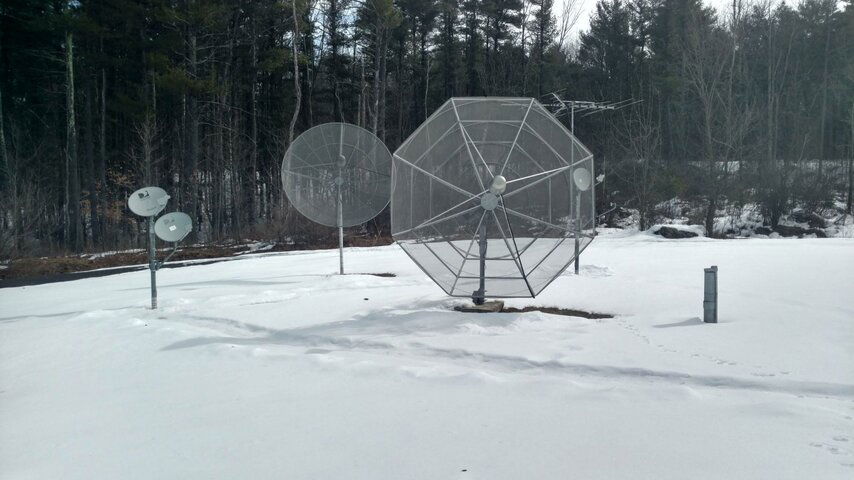As many do on these forums, you're focusing on the technology. The case for a merger between DTV and DISH has nothing really to do with how compatible or not their systems are. Has everything to do with removing your only direct competitor (leaving millions of consumers with no other choice for pay TV -- except Orby, LOL) and with scaling up your (otherwise dwindling) subscriber base to better position you when it's time to renegotiate those carriage contracts. Sirius and XM didn't merge because they were perfect technology matches. They merged because they were direct competitors and the market just wasn't big enough for both of them. Rather than trying to see which would bleed out first, they just asked Uncle Sam if they couldn't team up.
We are MANY years away from satellite TV customers being only those who don't have other options. Directv is already the premium priced cable/satellite option, they don't have room to further increase its prices and Dish could increase their prices to match if they wanted without having a monopoly on satellite TV.
There may still be too many people who don't have other options for the FTC to approve a merger of the two. Satellite radio was totally different because traditional radio already reached everyone, satellite radio was more about choice of programming than being able to receive it at all.


